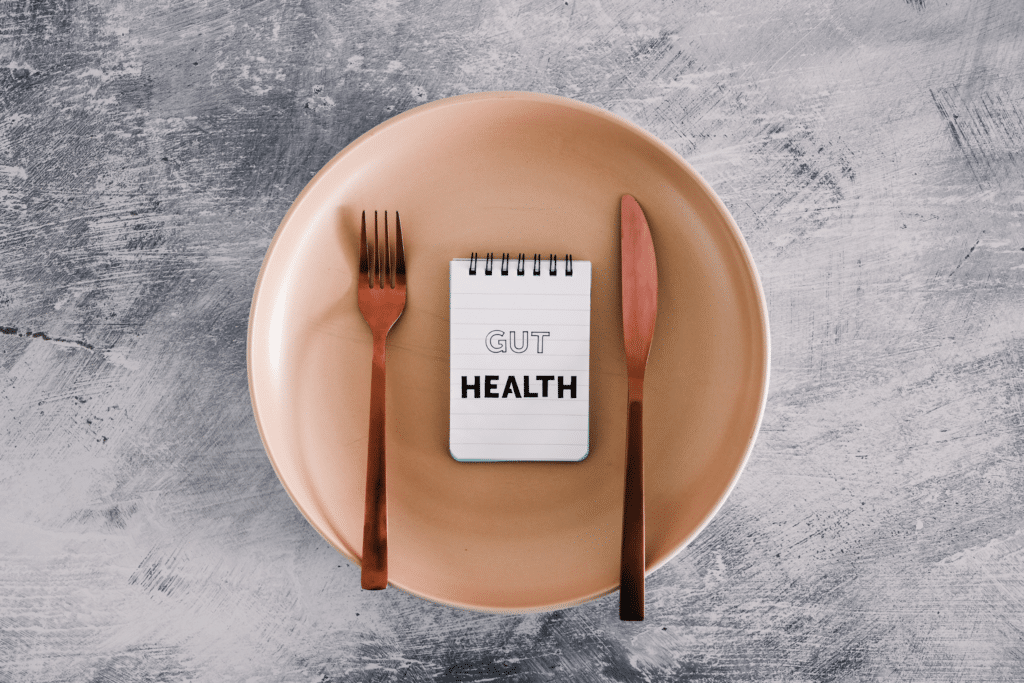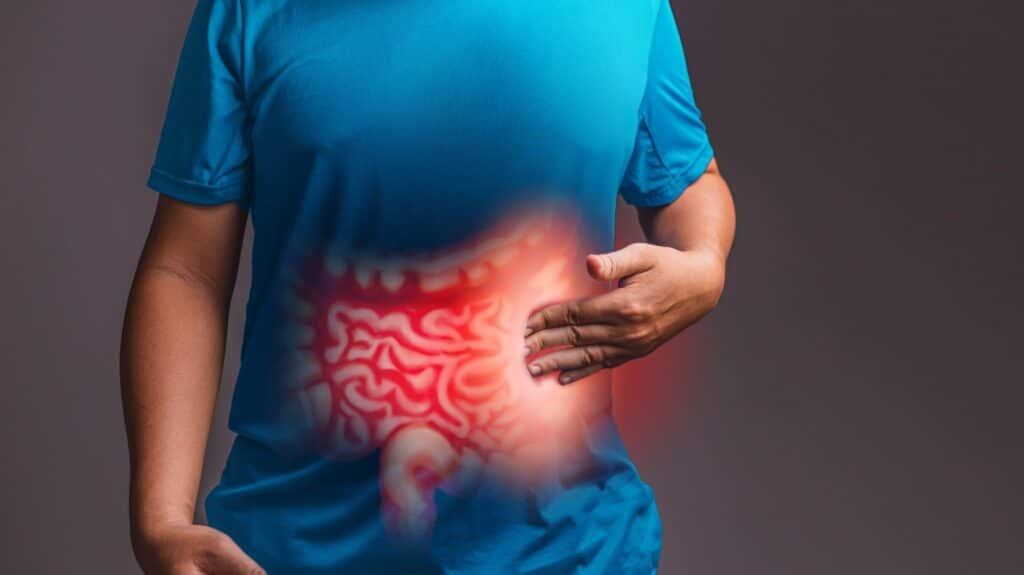Flu Season in CT for 2023: Here’s What the Experts are Predicting

Flu season is upon us once again. Combined with the ongoing COVID-19 pandemic and a surge of RSV cases in children, the U.S. could be facing what some experts are calling a “tripledemic.” That means a lot more people may be getting sick this year than they have in previous years.
4 Little-Known Symptoms of Poor Gut Health to Be Aware of and How to Improve It

It’s a common belief that digestive woes are the only symptoms of a stomach problem. But did you know that the state of your gut health affects more than just your stomach? The study of proper gut health has been widely examined as of late with experts researching just how much gut health impacts not […]
Functional Fecal Incontinence: Symptoms, Causes, and Prevention

We’ve all had moments of discomfort associated with our bowel movements. Sometimes, the urge to defecate hits, and we simply can’t make it to the toilet in time. This isn’t uncommon, especially if we’re ill and have a related condition such as diarrhea or constipation. In fact, doctors estimate that 1 in every 3 people […]
9 Foods to Improve Gut Health and Others to Avoid

Did you know that improving your gut health can improve your overall wellbeing? The term ‘gut health’ refers to the function and balance of bacteria located in the gastrointestinal tract (including the esophagus, stomach, and intestines). A healthy gut can help influence a stronger immune system and improve your heart, brain, and digestive health. Fortunately, […]
Why Do I Need a Primary Care Doctor If I’m Healthy?

You’re in great health and feel good. You eat right. You go to bed at a reasonable hour. So, why do you need a primary care physician (PCP)? Well, you most likely drive your car daily, and you’re a safe driver. Your insurance company says so, too. But you wouldn’t keep driving, day in and […]
6 Reasons Why Getting a Flu Shot This Season is Particularly Important

Receiving a flu shot each year is the best preventative step you can take to ensure you do not come down with influenza. The CDC recommends that people 6 months and older get a yearly flu vaccine. Flu vaccinations prevent millions of people from developing the flu each year. The CDC states that during the 2018-2019 flu season, the vaccine stopped an estimated 4.4 million influenza illnesses, 2.3 million related medical visits and 58,000 influenza-caused hospitalizations, as well as 3,500 deaths. A case of influenza can be especially severe for the elderly or those with compromised immune systems. Fortunately, you can help avoid this scenario by receiving an annual flu vaccine.


